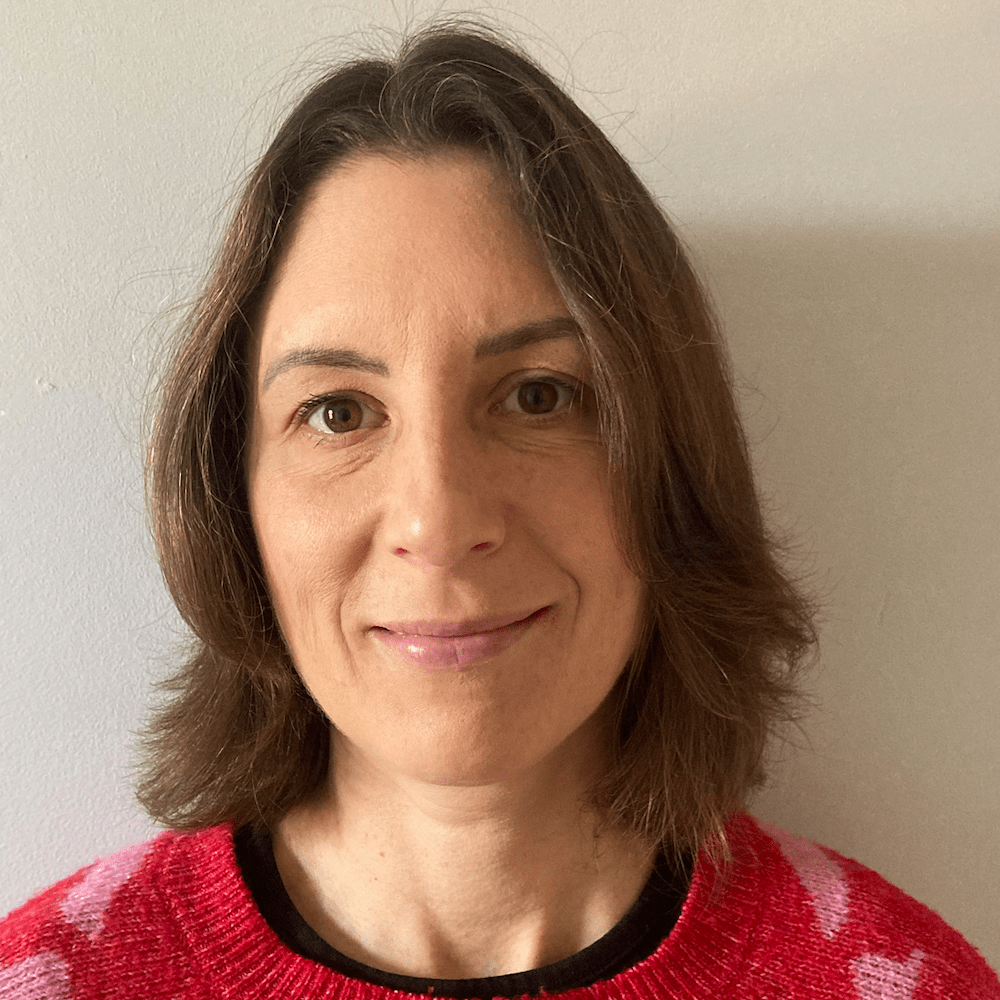Sharing, learning, discussing
On 8th July 2024, the School of Life Sciences partnered with the BASS Sea Anglers’ Sportfishing Society, Cefas and the Angling Trust to hold the first All About the Bass one day symposium. We had two main objectives. First, to share novel and emerging results from the latest bass research in the UK, mainland Europe and Ireland, including early results from the University of Essex’s ‘Supper4Science’ Fisheries Industry Science Partnership project, where UK anglers have been sending us frozen heads from bass they were keeping to eat so we could use their genetics and tissue chemistry to reconstruct their origin and movements. Our second objective was to hold workshops to discuss how scientists, anglers and policymakers could learn from each other and work together to improve the evidence base supporting bass conservation and management.
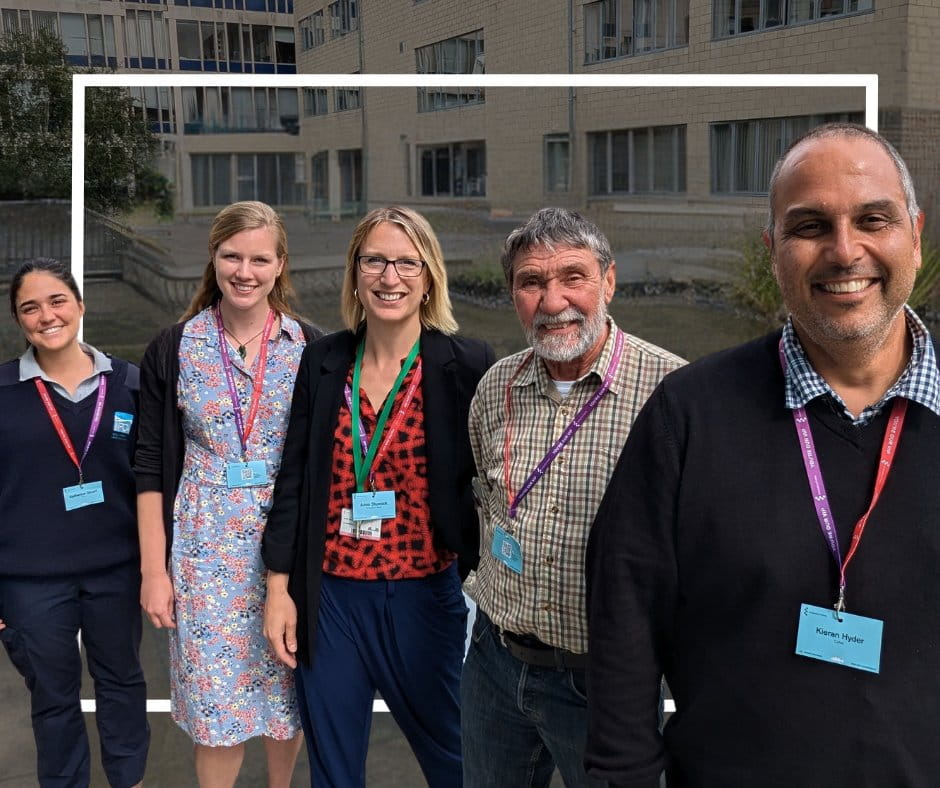
Who came
We were delighted that 75 people came together in person and online to share their stories, ideas and passion for bass. Of these, 36% were anglers, 41% were scientists and 16% were policymakers/managers. The workshops created a productive forum for discussion among people with diverse stories, backgrounds and expertise who all shared a common interest in advancing bass science and management strategies.
What we shared
Keynote speaker Dr Kieran Hyder from the Centre for the Environment, Fisheries and Aquaculture Science and other leading fisheries scientists covered such topics as bass recruitment, growth and habitat needs, climate related shifts in distributions, stock structure and spawn timing, and the benefits of engaging stakeholders in citizen science projects. Katie St John Glew from Defra provided an update on the Bass Fisheries Management Plan (FMP), and Hannah Rudd from the Angling Trust shared insights about how to improve scientist and angler collaborations.
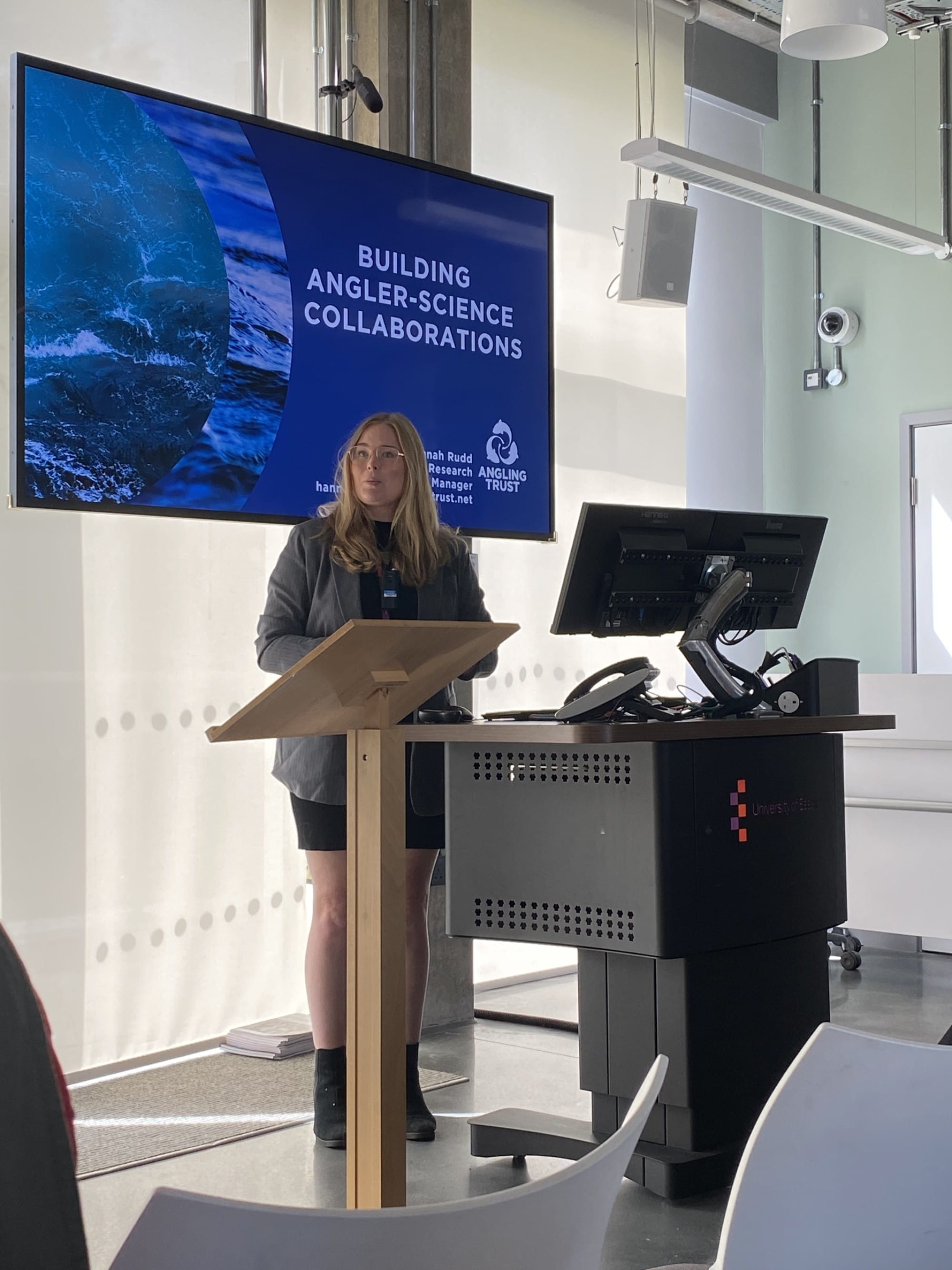
What we learnt
Even with a modest number of bass retained per angler, the high numbers of anglers around the UK mean that the cumulative impact can be significant. Angler records demonstrate a decline in the percentage of larger fish caught in recent years which appears to reflect a spate of poor recruitment years. Bass appear to be primarily spawning in the North Sea, Celtic Sea and English Channel later than the February and March fishery closure period designed to protect bass spawning aggregations. Much of the nursery habitats important for juvenile bass such as salt marsh has been lost over the last 150 years.
Bass Nursery Area boundary lines and operational periods should be reevaluated to take account of the movements of juvenile bass revealed by tagging studies. Tagged adult bass have been shown to move frequently across stock boundaries in their feeding and spawning migrations, which may have significant consequences for management. They can spend months in fully fresh water, with adult bass caught and tagged 150km inland - about 80km upstream of the tidal influence - in the Tagus River in Portugal, and preliminary accounts of “freshwater bass” in Spain, France, and the Norfolk Broads reported by various angling communities.
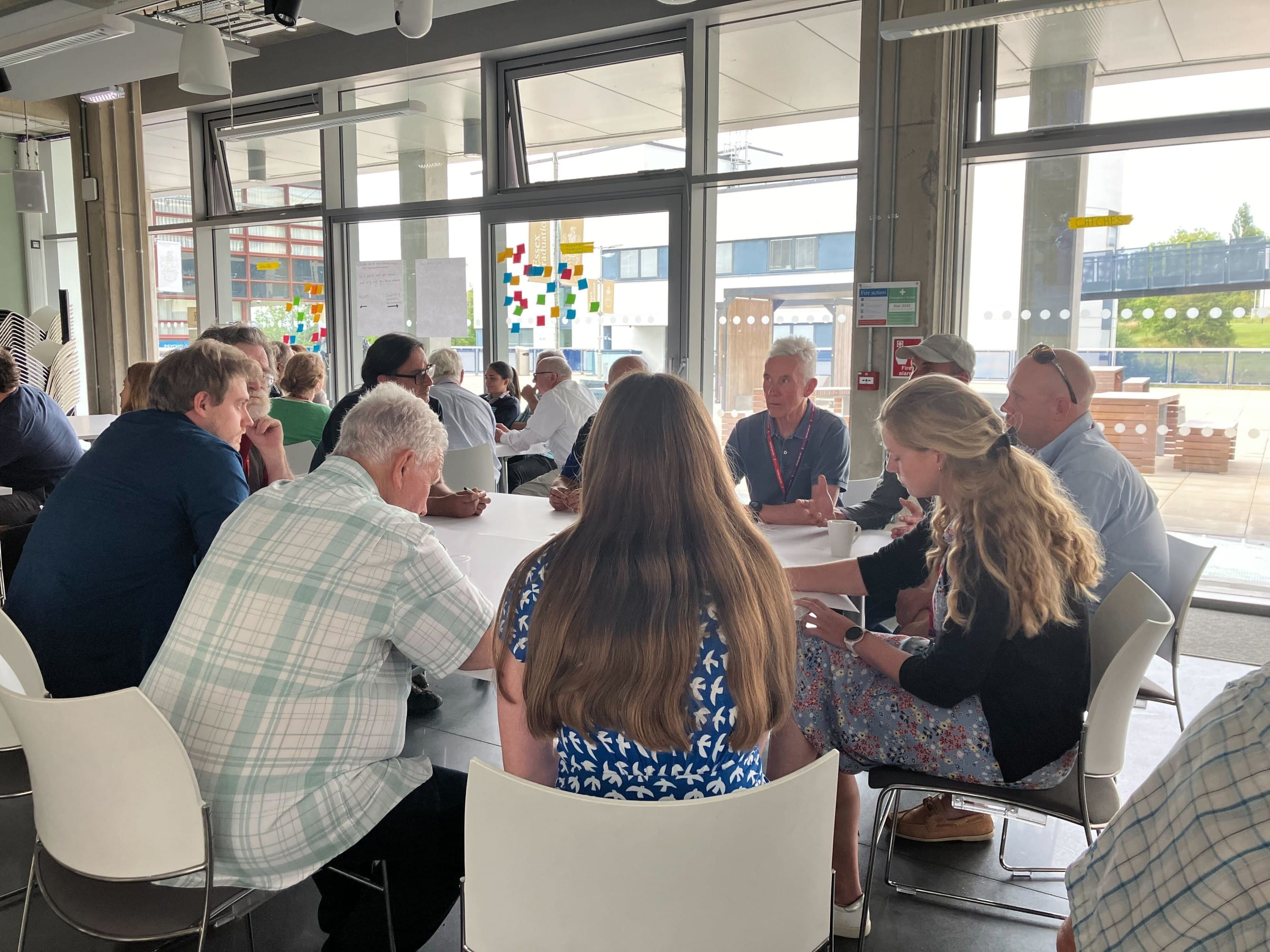
Working together
In the afternoon, we facilitated workshop sessions to map the current landscape in bass monitoring and data collection. This included recording people’s stories about the changes that they have noticed over the years (e.g. decreases in fish size) and the more surprising places bass are being found (without revealing their precise fishing spots). For example, anglers are catching bass as far north as Bergen and deep into the London Docks! We also discussed benefits and tradeoffs surrounding the different techniques being used to catch and monitor bass, the barriers currently impeding anglers from participating in scientific research, and the ways in which we could increase collaboration between scientists and anglers in the future.
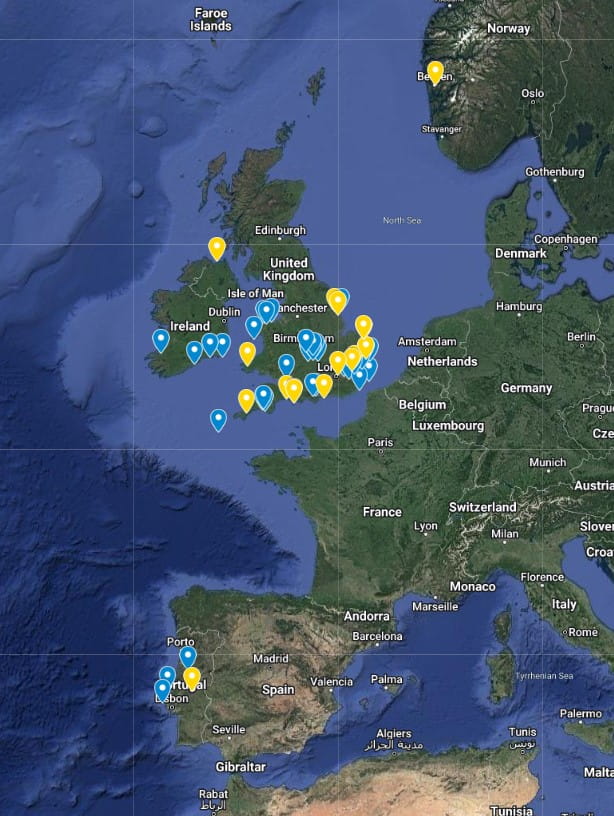
During the workshops, attendees shared their 'Catch Stories' (orange pins) and 'Monitoring Efforts' (blue pins) to help us learn about who is doing what and where in terms of formal data collection and the surprising places people have caught bass.
Key takeaways
The symposium showed that anglers are enthusiastic and ready to engage in science. However, we need clearer frameworks and mechanisms in place in order for co-produced science to occur more readily. While the day focused primarily on anglers, it is important to include all stakeholders from the start to build trust and relationships, and stakeholders want to see results and outputs disseminated from any research they are involved in. Traditional knowledge and anglers’ stories are invaluable data sources, and more regular collaborative forums are needed that include all stakeholders (including both recreational and commercial fishers).
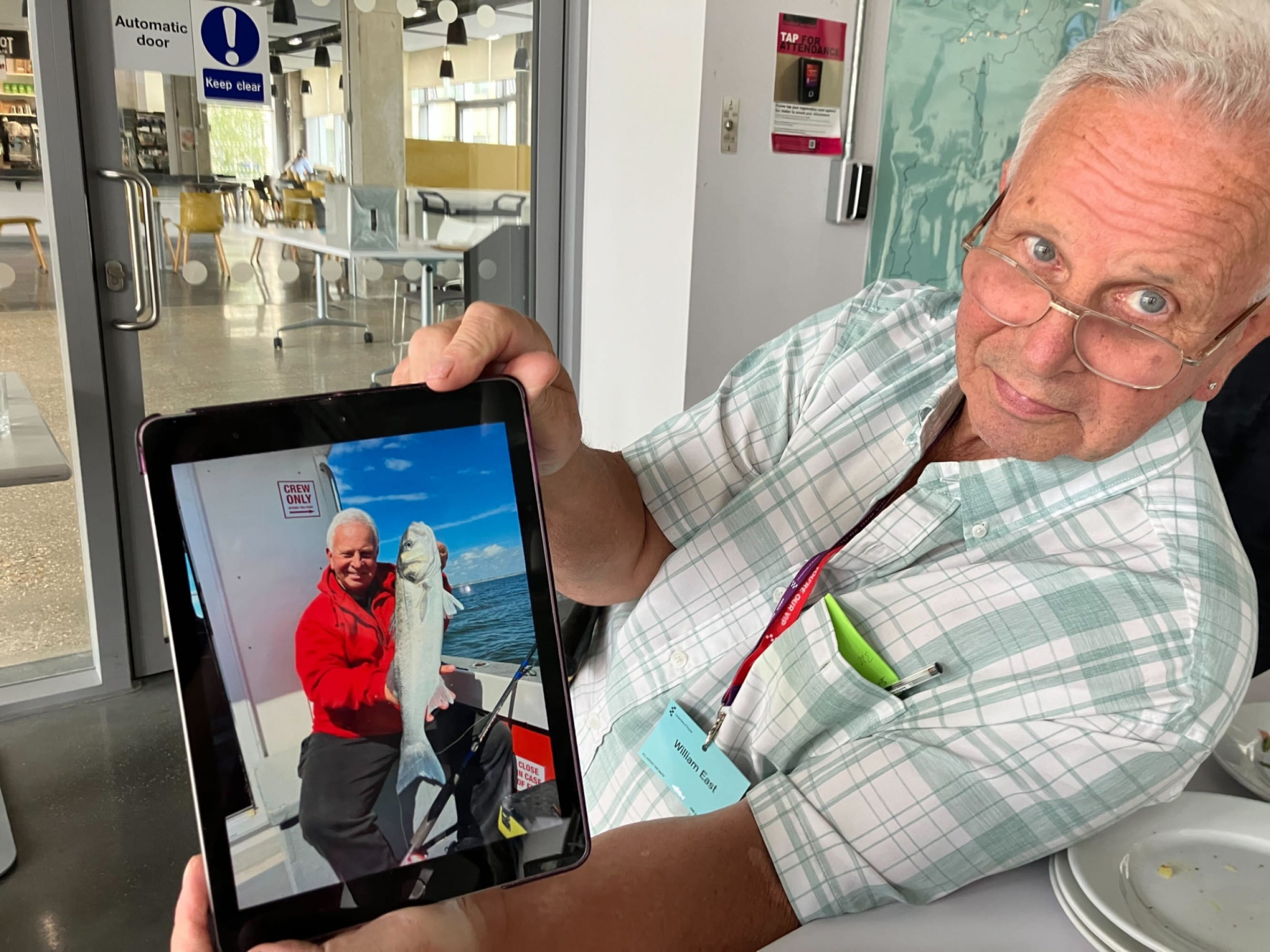
Attendee feedback
100% of attendees who have given feedback have suggested that the symposium should be repeated. Encouragingly, 80% of anglers said they were more likely to participate in research following the symposium, and 84% of respondents said they learnt a lot. General consensus was to have fewer but more in depth talks in future events, more time for Q&As and open discussions for both online and in person attendees. All learnings and suggestions will be used to inform and shape future bass events which we hope will become a regular forum for advancing bass research and management strategies.


